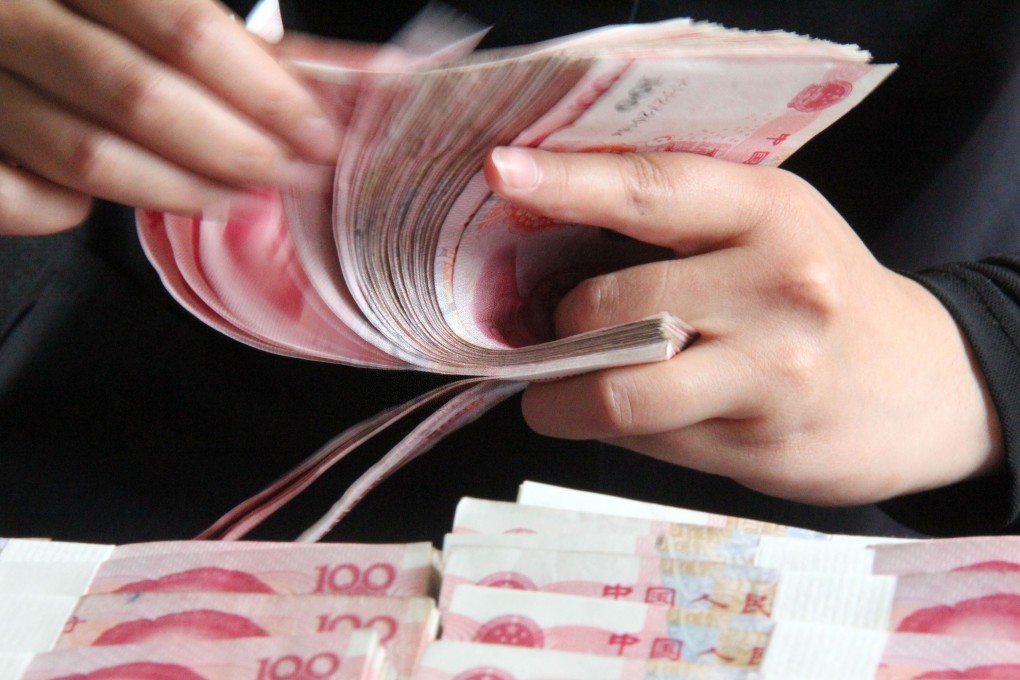China central bank says no need for easing after tariff hike
- People’s Bank of China says Chinese economic fundamentals ‘remain solid’
- Ready to ‘fine-tune’ monetary policy in response to changes in economic and financial data

The People’s Bank of China (PBOC) indicated on Friday that it saw no reason to undertake a major easing of monetary policy as a result of the increase in US tariffs on Chinese imports.
Instead, the central bank gave an optimistic interpretation of April lending and credit data and expressed confidence that its deep policy toolkit could address all market contingencies.
The upbeat assessment defied market concerns about the country’s economic outlook, coming just hours after the US raised tariffs on US$200 billion worth of Chinese merchandise from 10 per cent to 25 per cent.
The PBOC made clear it aimed to anchor market expectations and address the constant guessing over whether monetary policy would be loosened more to address a potential further slowdown in Chinese growth.
“Our monetary approach has not changed based on current overall and structural data,” Sun Guofeng, director of the PBOC’s monetary policy department, said at the media briefing on Friday afternoon.